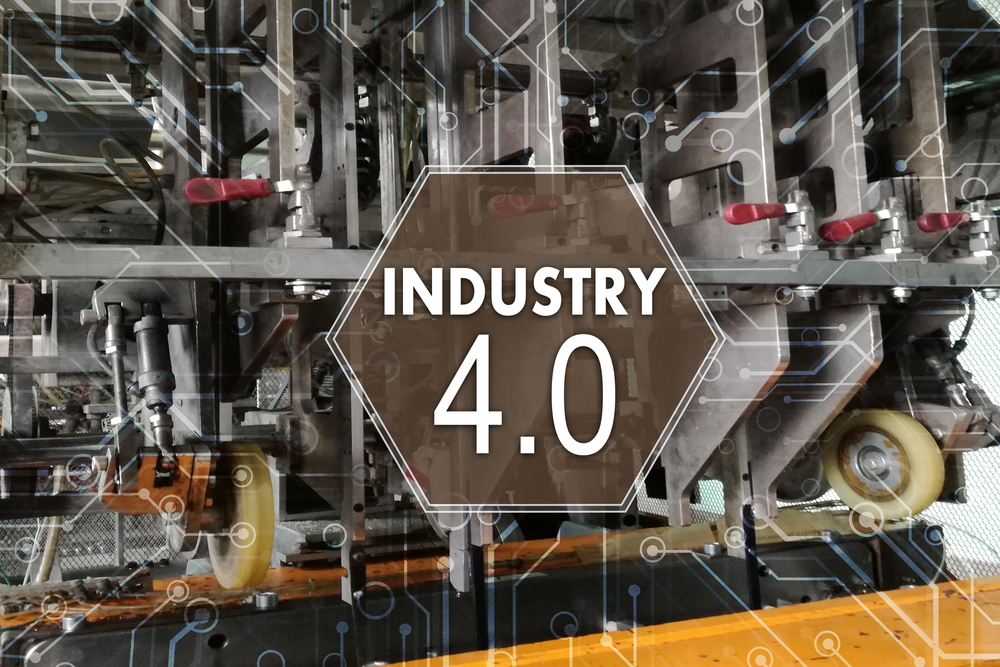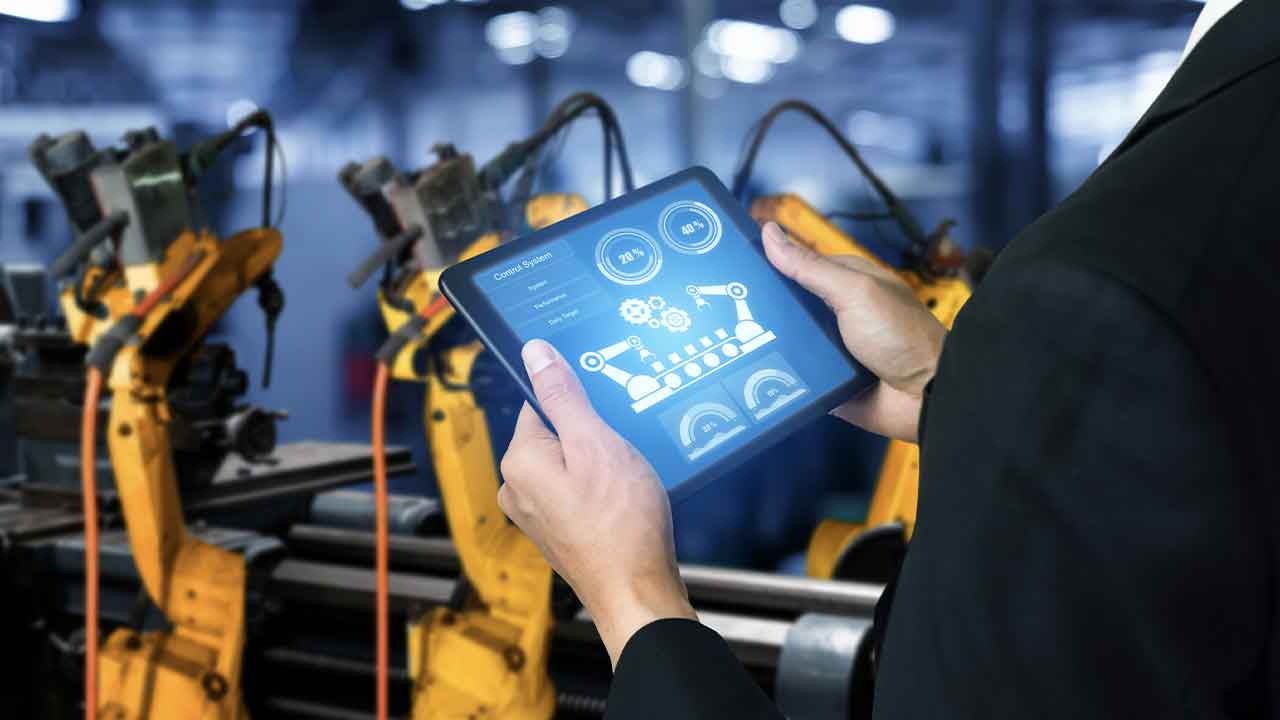Using Industry 4.0 to Survive a Pandemic and Mitigate the Next Crisis
Digital tools that have been developed with the advent of Industry 4.0 can equip manufacturers with the foresight and resiliency they’ll need to recover from the COVID-19 crisis, and manage other incidents that may arise in the future.
Companies that survive the pandemic’s initial impact will face hard questions from their board on their resiliency. Manufacturers and virtual workplaces should have more effective tools to help mitigate the impact of any new pandemic that arises — or later waves of COVID-19, should they emerge.
Using Industry 4.0 to Become More Resilient
Here are some steps toward increasing resiliency that manufacturers should consider sooner rather than later:
- Accelerate the virtual workplace. Manufacturers have extensive factory and process control systems, IT systems and enterprise resource planning (ERP) systems. By adopting the virtual workplace faster and using an integration platform to meld data from these systems, manufacturers can create granular, real-time views of their business and operations from anywhere. Data can flow across supply chains, enabling partners to identify trends as they emerge. This in turn will lead to quicker, better decisions about where to redeploy raw materials, shipments and personnel — such as scaling back plant operations in a virus hot zone while ramping them up in a recovering area.
- Extend manufacturing networks with blockchain and additive manufacturing. With mature integration, it becomes easier to use smart contracts with blockchain’s distributed ledgers to transact with networks of smaller suppliers and regional manufacturers, ensuring a wide variety of sources for parts and material or even finished goods. This requires manufacturers to adopt the mindset that innovation, inspiration and product design are their intellectual property. Wider networks enable greater resiliency in a downturn.
Read more about Industry 4.0 challenges
Read the full post from Cognizant for additional steps manufacturers should consider
Author
![]() Rajaram Radhakrishnan, SVP and Global Markets Leader of the Manufacturing, Logistics, Energy & Utilities business unit at Cognizant. Raj is a Fortune 500 Executive Leader with extensive experience launching new business initiatives, transforming under performing segments, and developing high performing clients and teams. Particular expertise driving business solutions to establish and scale complex operations, service delivery, and best practices.
Rajaram Radhakrishnan, SVP and Global Markets Leader of the Manufacturing, Logistics, Energy & Utilities business unit at Cognizant. Raj is a Fortune 500 Executive Leader with extensive experience launching new business initiatives, transforming under performing segments, and developing high performing clients and teams. Particular expertise driving business solutions to establish and scale complex operations, service delivery, and best practices.



